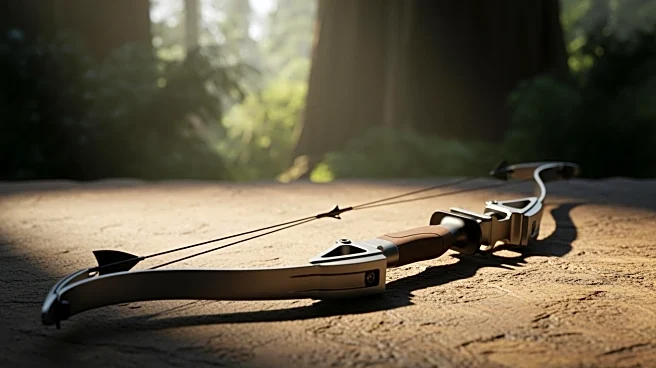Rapid Read • 7 min read
Eike Schmidt, a prominent museum director known for his transformative work at the Uffizi Galleries in Florence, has recently taken on the role of director at the Museo di Capodimonte in Naples. Schmidt's career has been marked by significant changes, including a brief political foray when he ran for mayor of Florence in 2024. Despite losing to Sara Funaro, Schmidt remains focused on his museum work, aiming to revitalize the Capodimonte's collection and increase its visibility. His tenure at the Uffizi was notable for restructuring the museum's operations and increasing visitor numbers, although his methods received mixed reviews from art historians.
AD
Schmidt's actions have significant implications for the cultural landscape in Italy. His approach to museum management, which includes modernizing operations and leveraging social media, reflects broader trends in the art world towards accessibility and engagement. His political ambitions, although unsuccessful, highlight the intersection of cultural leadership and political influence. The changes he implements at the Capodimonte could serve as a model for other museums facing similar challenges, potentially affecting how cultural institutions are managed and perceived globally.
Schmidt plans to focus on enhancing the Museo di Capodimonte's collection by highlighting underrepresented artists and expanding educational outreach. His strategy includes increasing revenue through visitor engagement, although he appears less interested in celebrity-driven promotions compared to his time at the Uffizi. The success of these initiatives could influence future museum management practices and cultural policies in Italy.
Schmidt's career trajectory underscores the evolving role of museum directors as influencers and public figures. His ability to navigate both cultural and political spheres suggests a shift in how leadership roles in the arts are perceived, potentially encouraging more cross-disciplinary approaches in the future.
AD
More Stories You Might Enjoy











